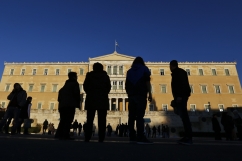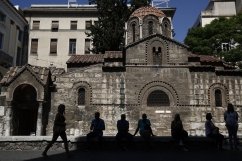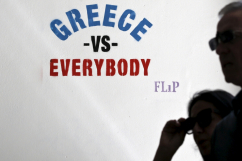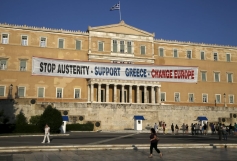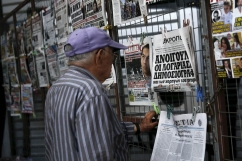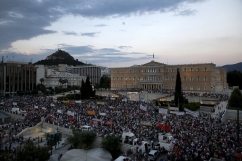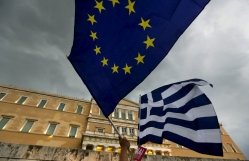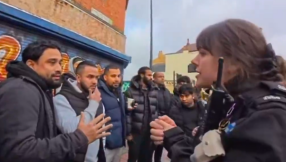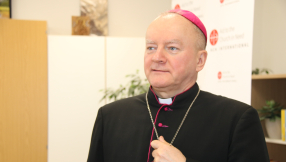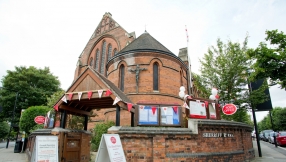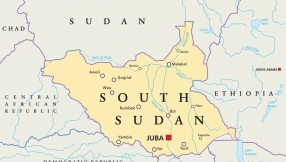Pope Francis is encouraging the faithful to pray for Greece and her people amid the country's debt crisis, maintaining that dignity should be at the heart of political debates.
"The dignity of the human person must remain at the centre of any political and technical debate, as well as in the taking of responsible decisions," the Pope said.
The leader of the Roman Catholic Church expressed concern over Greece's problem, saying the economic and social situation of the country is "worrying," News.va, the Official Vatican Network, reported.
He also invited all the faithful to "unite in prayer for the good of the beloved Greek people."
The pontiff "conveys his closeness to all the Greek people, with a special thought for the many families gravely beset by such a complex and keenly felt human and social crisis."
Greece, which has been drowning in financial crisis for years, has failed to deliver a nearly $1.7-billion payment to the International Monetary Fund, formally declaring a default.
The country has asked for a two-year bailout reportedly worth 29 billion euros ($32 billion) from Europe, its third in six years, while rejecting conditions that Europe and the IMF have set for releasing the remaining billions from its existing bailout. The said bailout expired on Tuesday.
Greece is also approaching a July 20 payment deadline for payment of over $3.8 billion to the European Central Bank.
Greek Prime Minister Alexis Tsipras said he will resign if Greeks will decide in Sunday's referendum to vote in favour of the international bailout deal. Such a decision is a sign the government will likely be reshuffled or even fall apart, The New York Times said.
An opposite vote will allow Tsipras' government to have a stronger hand in the negotiating table it shares with German creditors.
Meanwhile, Archbishop Ieronymos II, head of the Autocephalous Orthodox Church of Greece, has asked the Greeks before the referendum to remain "at the heart of Europe."
He urged parishioners to vote "yes" and follow the creditors' latest bailout conditions.










